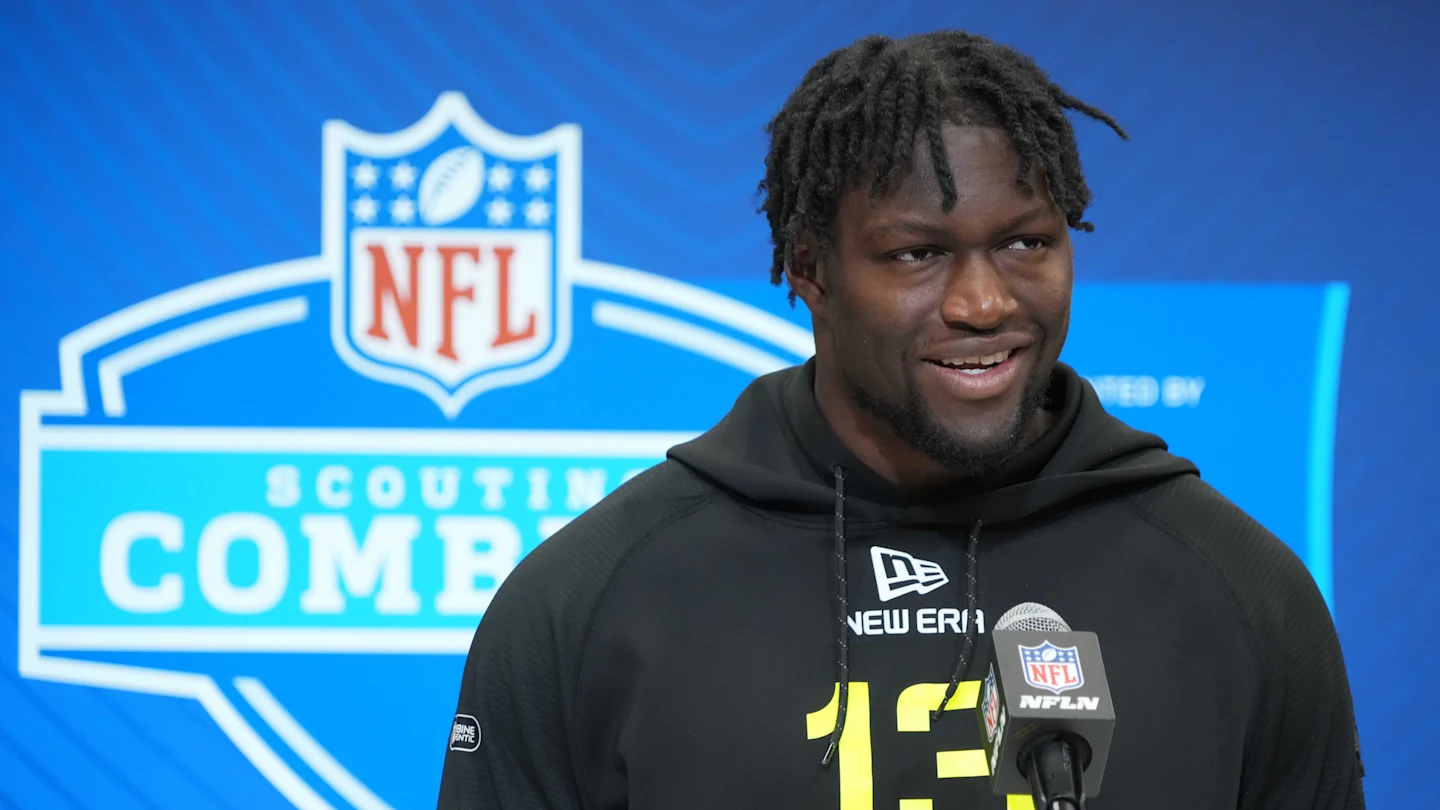Player holdouts in professional sports are often mischaracterized as greedy athletes demanding more than they deserve. However, this framing overlooks a more nuanced reality: players are frequently standing their ground for fair treatment and rightful compensation. The suggestion that they are the aggressors masks a deeper issue where teams exert undue pressure, shifting the blame away from organizational failures.
Bengals Enforce Unfair Contract Changes, Putting Rookies at Risk and Causing Standoff
The Cincinnati Bengals have recently altered standard contract language in a way that puts rookies at a disadvantage. Specifically, they’ve extended the consequences of voided guarantees to the remainder of a player’s contract, a departure from league norms.
This change, which appears arbitrary, has made this year’s rookie class involuntary test subjects. First-round pick Shemar Stewart has refused to sign under these new conditions without a reasonable concession from the team.

Stewart has taken a principled stance, rejecting the Bengals’ “take it or leave it” approach. Rather than capitulate to unfair terms, he has chosen not to attend his first NFL training camp, making it clear he won’t be silenced or strong-armed. The Bengals, in turn, have made no effort to compromise or revisit their position, illustrating an unwillingness to negotiate in good faith.
Bengals Prioritize Control and Ego Over Team Success and Rookie Integration
This impasse isn’t about money—it’s about control. The Bengals are asserting dominance, reinforcing the message that they are in charge and rookies must comply. Their stubbornness might be rooted in precedent-setting, but it comes at a cost. Stewart could explore other options, like returning to college football or sitting out and re-entering the draft, further escalating the standoff.
The Bengals’ handling of the situation reveals a deeper issue: a preference for organizational power over team success. By refusing to reach a fair deal with Stewart, they risk hindering their performance at the start of the season. A more pragmatic, winning-focused team would find a compromise to bring their first-round pick into camp. Instead, Cincinnati seems more invested in proving a point than building a winning roster.







